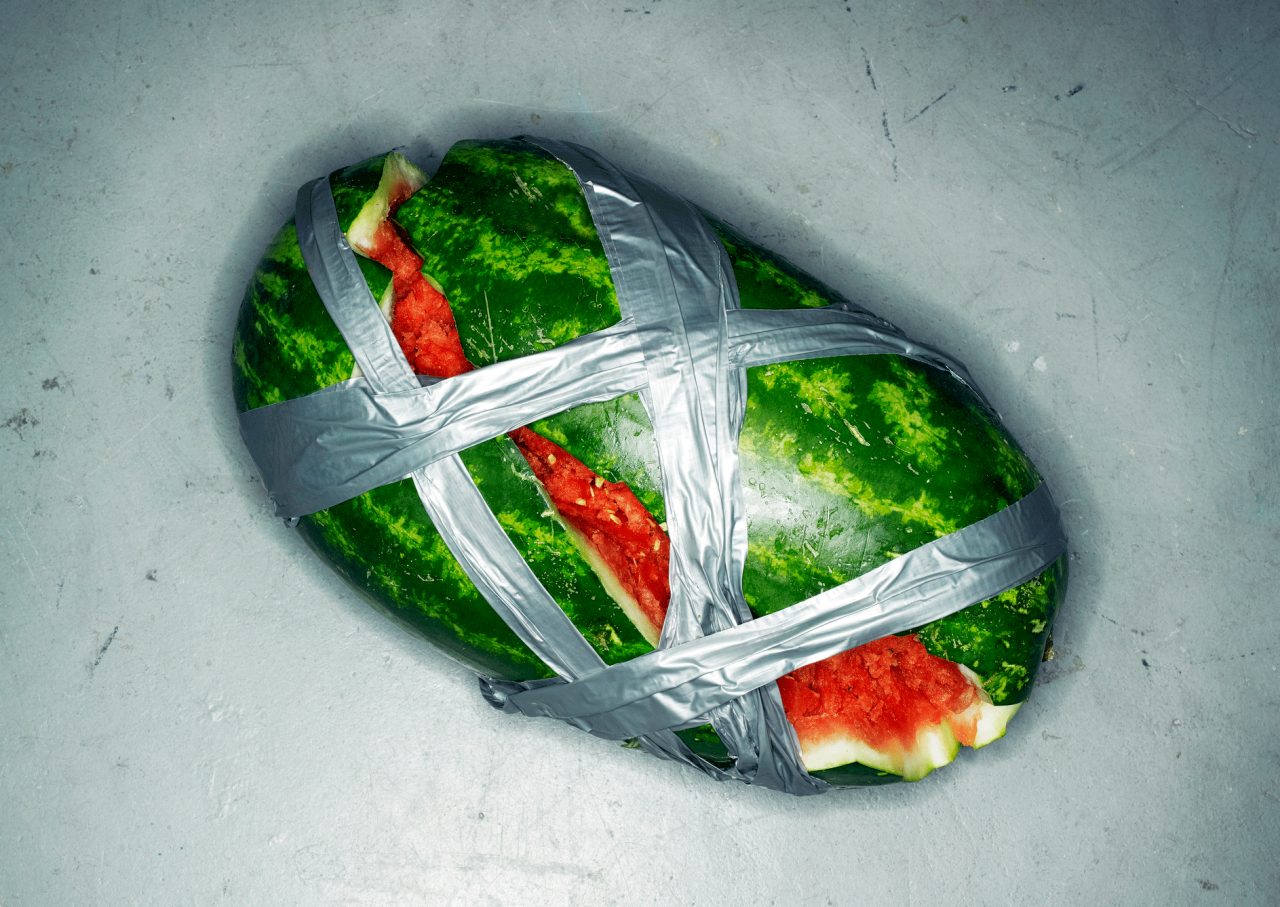Concussions May Lead to Sleep Problems Years Later

Traumatic brain injuries, or concussions, may increase your chance of insomnia, sleep apnea, daytime sleepiness, and other sleep problems.
Have you ever had a blow to your head or knocked it so hard you were dizzy afterwards?
You don’t have to lose consciousness to suffer a brain injury. The medical definition of a traumatic brain injury, or TBI, is a head trauma that causes a temporary impairment of neurologic function. The symptoms range from dizziness to vomiting.
Your injury might have been labelled a concussion, a term for a mild TBI. Even with a concussion, your brain is injured, not just your skull. Three out of four TBIs in the United States are mild, and most children who have TBIs playing sports have no more symptoms after a month. But these injuries can still have lasting consequences. Some symptoms can be hard to detect, so any blow to the head should lead to a doctor’s visit, if not the ER.
For example, TBIs increase your chance of insomnia, sleep apnea, daytime sleepiness, and other sleep problems as many as 14 years later, according to a study of nearly 200,000 veterans. The risk of a sleep disorder was greater if your TBI was mild. That might be because people in this group are more likely to have had repeated injuries that led to diffuse inflammation rather than a single severe TBI, the researchers suggested.
YOU MIGHT ALSO LIKE: What Is a Concussion?
The link between TBIs and sleep disorders
The study examined records for everyone diagnosed with a traumatic brain injury (TBI) within the Veterans Health Administration system. The 98,709 veterans with a history of TBI were matched by age with the same number of veterans who had never been diagnosed with a TBI. None of the veterans had sleep disorders when the study began.
After 14 years, 23 percent of the people with a history of a TBI had developed a sleep disorder, compared to 16 percent of the other group. Twelve percent of those who had a TBI developed insomnia, for example, compared to 7 percent in the other group. When the research team adjusted for other risks for sleep disorders like type 2 diabetes, smoking or substance disorders, or a psychiatric diagnosis, they concluded that a TBI increased your risk of a sleep disorder by 40 percent.
Perhaps surprisingly, people who had had post-traumatic stress disorder (PTSD) were not more or less likely to develop sleep disorders than those who did not have PTSD.
Doctors may favor the term concussion when treating children
Many scales measure the severity of a brain injury. Doctors may favor the term concussion in order not to frighten parents, according to a study of TBI patients at a Canadian children’s hospital called “My Child Doesn't Have a Brain Injury, He Only Has a Concussion.”
Symptoms of a mild TBI or concussion might include a headache, confusion, dizziness, ringing in the ears, memory impairment, blurred vision, and changes in behavior.
A TBI is probably moderate or severe if it also leads to repeated vomiting or nausea, slurred speech, weakness in the arms or legs, or problems with thinking and learning.
Don’t dismiss a concussion as minor. Hospitals historically have undertreated these patients. In a small 2015 study of patients age 14 and older treated for a mild TBI, 27 percent who met the usual criteria to be sent home without a follow up appointment actually turned out to have lasting cognitive problems and needed therapy.
You need to take precautions after any TBI. If you go back on a football field too soon after a mild TBI, your reaction time may be slower, and you’re more likely to get hurt. If your brain is still recovering when it is injured again, the combined effect may be worse than one bad blow.
How do you get a TBI?
You can get a TBI if you fall and hit your head. Blows to the head happen in car and bike accidents, when you’re beaten up, or while playing sports, including football, ice hockey, rugby, soccer, baseball, and basketball. You might have a gunshot wound or experience a blast during combat.
There’s good news. TBIs related to sports had been increasing during the first decade of the century but declined from 2012 to 2018, largely because of fewer TBIs on football fields. Earlier research, however, suggested that as many as half go unreported.
What should you do?
Immediately after an injury, someone should monitor you every 15 to 30 minutes; go to an emergency room if any symptoms worsen.
Follow instructions for rest even after a mild TBI. Report symptoms like migraines to your doctor or parent, even if you had them before. For more on treatment, see here.
Bottom line: A concussion you barely remember now may be contributing to sleep problems later. Your sleep is important, so get help for insomnia if it lingers or you generally wake up unrested.
Updated:
July 26, 2021
Reviewed By:
Janet O’Dell, RN